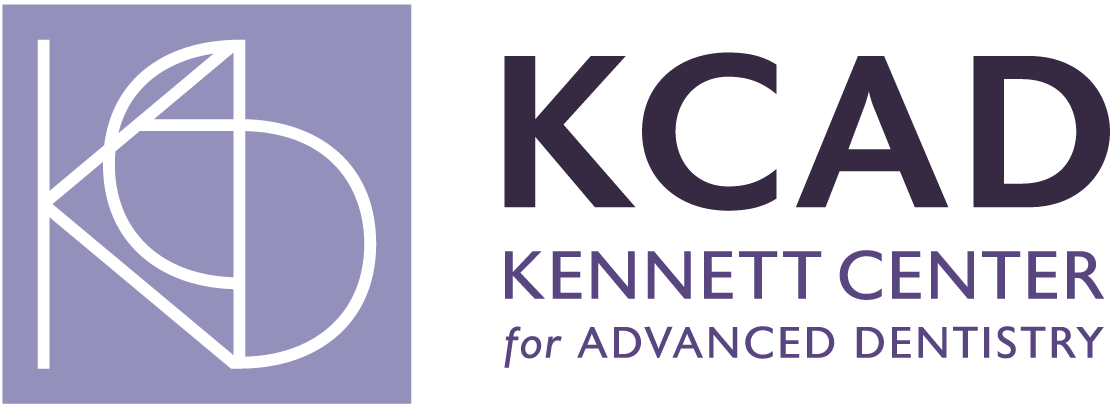The Professional Dental Cleaning Process
Quick and Easy Dental Cleanings for Pristine Oral Health
Nobody wants to deal with pesky tooth problems or an unsightly smile. By maintaining excellent oral hygiene and regular dental cleanings, you can avoid invasive treatments and having to hide your smile due to embarrassment. Regular professional dental cleanings offer numerous benefits for oral health and hygiene, ensuring your teeth and gums remain healthy.
Teeth cleanings are essential for maintaining good oral health and preventing dental problems. They help manage plaque and tartar buildup effectively, making regular dental visits crucial regardless of personal oral hygiene habits.
Find out more about the dental cleaning process below, so you’re prepared when you visit our dentist. Contact our Kennett Square dental office today at 610-444-6311 to schedule your next appointment with Dr. Peter Patellis!

What Is a Dental Cleaning?
A dental cleaning, also known as a prophylaxis, is a routine dental procedure that plays a crucial role in maintaining optimal oral health. During a dental cleaning, a dental hygienist will meticulously remove dental plaque and tartar from your teeth. This process not only helps in preventing cavities and gum disease but also ensures your teeth remain healthy and strong. The dental hygienist will start by examining your teeth and gums to identify any potential issues. Following this, they will use specialized tools to remove any visible plaque and tartar. Finally, your teeth will be polished to remove any remaining stains and to smooth out the surface, leaving your smile bright and clean.
Types of Dental Cleanings
There are several types of dental cleanings, each tailored to address specific oral health needs:
- Routine Dental Cleanings: These are the standard cleanings recommended for individuals with good oral health. They help in maintaining a healthy mouth by removing plaque and tartar buildup.
- Scaling and Root Planing: This deep cleaning procedure is recommended for individuals with moderate to severe gum disease. It involves cleaning below the gum line to remove plaque and tartar from the roots of the teeth.
- Periodontal Maintenance: For those who have undergone gum disease treatment, periodontal maintenance cleanings are essential. These cleanings help in maintaining the health of the gums and preventing the recurrence of gum disease.
- Gross Debridement: This type of cleaning is necessary for individuals with a significant amount of plaque and tartar buildup. It involves a thorough cleaning to remove heavy deposits and is often a precursor to a more detailed cleaning.
How a Dental Cleaning Works
Dental Exam
Before your dental cleaning begins, a dental hygienist or dentist will perform a dental exam to check for any signs of problems such as cavities or gum disease. These exams are essential for determining the condition of your oral health, and if you’ll need any additional treatments. They’re relatively quick and shouldn’t cause any pain.
At least once a year, our dental team will also take digital X-rays to detect problems we can’t see with the naked eye.
Plaque and Tartar Removal
Using specialized dental tools, such as a dental scaler, our dental team will perform plaque and tartar removal. Plaque is a sticky film of bacteria that forms on teeth and can lead to cavities and gum disease. Tartar is a hard mineral deposit that forms when plaque isn’t removed and can only be removed by a dentist or dental hygienist. You may feel some sensitivity during this process, but it shouldn’t be painful.
Teeth Cleaning and Polishing
Once the plaque and tartar have been removed, our dentist will clean and polish your teeth using a special toothpaste and brush. This process removes surface stains and leaves your teeth feeling smooth, shiny, and clean.
Flossing
Our dental hygienists will then floss between the teeth to remove any remaining plaque or food particles. Flossing is essential during dental cleanings because it can reach areas between teeth that are difficult to clean with a toothbrush.
Fluoride Treatment
Depending on your oral health, Dr. Peter Patellis may recommend a fluoride treatment to help protect your teeth from decay. Fluoride is a mineral that can help remineralize teeth and make them more decay-resistant. The fluoride treatment may be applied as a gel, foam, or varnish that is brushed onto the teeth and left to sit for a few minutes before being rinsed off.
Importance of Regular Dental Cleanings
Regular dental cleanings are vital for maintaining optimal oral health. The American Dental Association recommends visiting your dentist for a dental exam and cleaning at least once every six months. These routine dental cleanings help in preventing oral health issues such as tooth decay, gum disease, and bleeding gums. By removing plaque and tartar buildup, regular dental cleanings can prevent these problems from developing or worsening. It’s important to note that only a dental professional can effectively remove plaque and tartar, making these cleanings an essential part of maintaining healthy teeth and optimal oral health. Regular visits to your dentist ensure that any potential issues are caught early, allowing for timely treatment and better overall oral health.
Post-Dental Cleaning Care
After a dental cleaning, you may feel a bit of sensitivity, especially if it was a deep cleaning. We recommend doing the following after your appointment:
- Regular brushing and flossing should be continued.
- It’s recommended to avoid foods or beverages that are extremely hot, cold, sweet, or acidic if there’s sensitivity.
- Rinse with a saltwater solution or anti-sensitivity mouthwash to alleviate discomfort.
- Schedule regular dental check-ups and cleanings as advised by our dentist, typically every 6 months.

Frequently Asked Questions
What should I do if I have dental anxiety?
If you have dental anxiety, talk to your dentist about your concerns. They may be able to offer sedation options such as nitrous oxide or prescribe anti-anxiety medication to help you relax during the procedure.
Can I eat or drink before a dental cleaning?
It’s best to avoid eating or drinking anything before a dental cleaning, especially if you’re getting a fluoride treatment. Food and drink can interfere with the effectiveness of the fluoride treatment.
Is dental cleaning painful?
Dental cleanings are typically not painful, though some people may experience slight discomfort, especially if there is heavy plaque or tartar buildup. If you have sensitive teeth or gums, be sure to let your dentist or hygienist know, and they can take extra care to minimize discomfort during the cleaning.
How long does a dental cleaning take?
A typical dental cleaning usually takes about 30 to 60 minutes, depending on the condition of your teeth and gums. If it’s your first cleaning in a while or if you need a deep cleaning, it may take longer. Your dentist will be able to give you an estimated time based on your individual needs.
Experience a Comfortable Visit With Our Kennett Square Dentist
Professional dental cleanings are crucial to help maintain good oral hygiene and prevent dental problems. To get started with our Kennett Square dentist, contact our dental office today by calling 610-444-6311. We’re happily accepting new patients and are happy to answer any of your questions!
